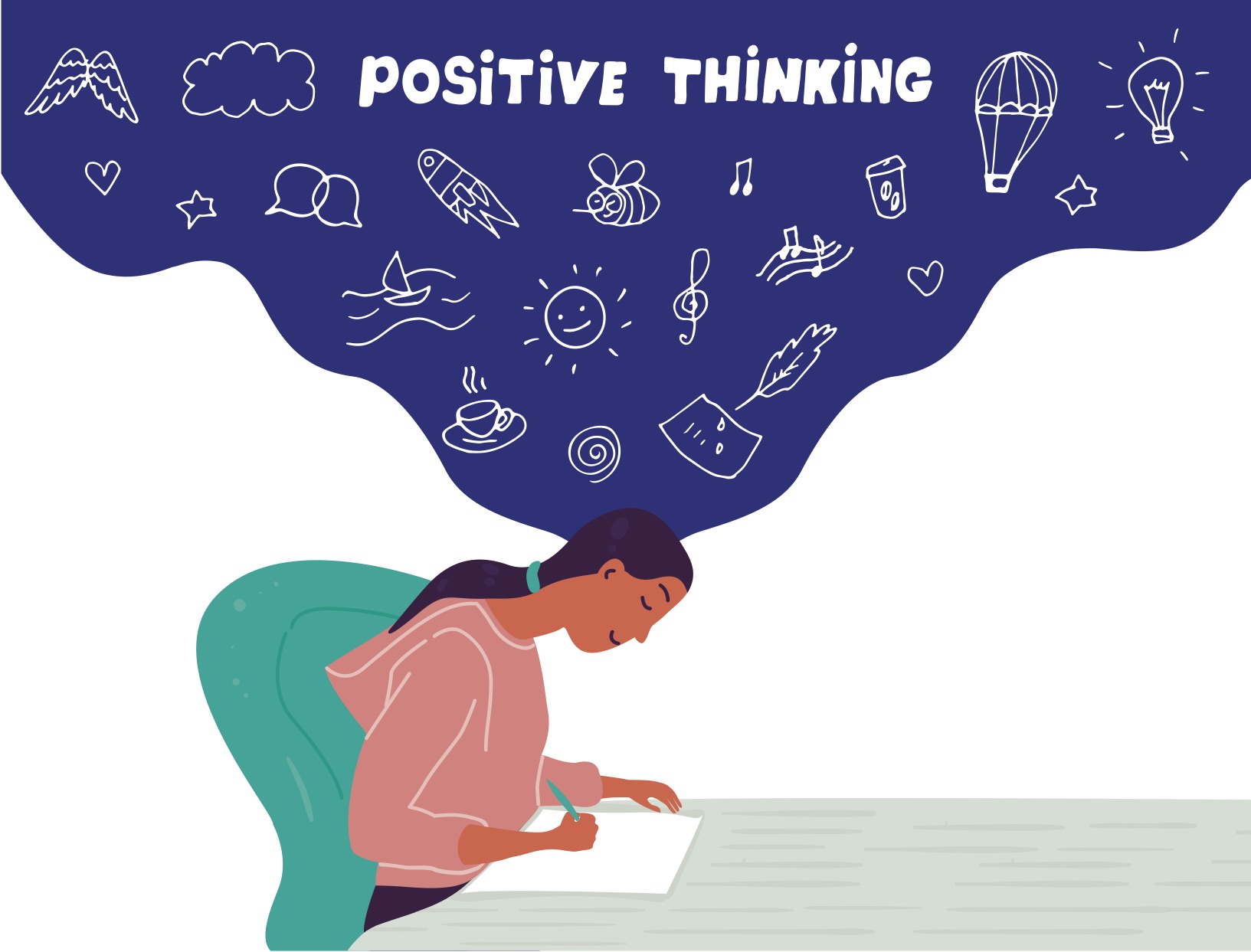If there’s one mindset you want to capitalize on in the decade ahead, it’s the power of positive thinking. Always looking for the upside of things might feel laborious — especially since our brains are hardwired to see the negative, Alison Ledgerwood, Ph.D., an associate professor at the University of California, Davis, says in her TED talk. But it’s entirely within your control to reframe stressful moments into positive ones — and it’s a skill that you’d be wise to practice: Studies show that positive thinking reduces stress and anxiety, boosts mood, and is correlated to greater heart health.
Wondering where to begin? To help you out, we’ve honed in on three common negative thinking patterns — and how you can reframe them to be more optimistic through the rest of the year and beyond.
“I’m stuck.”
Sometimes we feel like all our options have been exhausted and there are no solutions to the problem we face — but in reality, that’s never actually the case. In fact, uncertainty may be an answer to our roadblocks. “Being stuck can be a launching pad for creativity,” Stanford educators Bill Burnett and Dave Evans write in Designing Your Life: How to Build a Well-Lived, Joyful Life. Next time you feel stuck, try saying to yourself, “I’m never stuck because I can always generate a lot of ideas.” Then, once your head is in the game, try ideating as “broadly and wildly” as you can, Burnett and Evans suggest. It’s okay if your list of ideas feels wacky — that’s often where some of the best ideas come from.
“I’m dreading the week ahead.”
This limiting paradigm often creeps up on Sunday evenings (though it doesn’t discriminate against other days of the week). When you feel anxious about the days ahead of you, it’s typically because there’s a task or conversation you’re apprehensive about. If you catch yourself feeling this way, try to pinpoint what the source of stress is — perhaps you made social plans you wish you hadn’t, or are running behind schedule on a work project that’s due. Once you have the stressor in mind, reframe it by jotting down a few possible positive outcomes. For example, if a presentation is what you’re nervous about, your list could look like: “I’m congratulated on my hard work,” “People tell me it was engaging,” and “I made people laugh.” This newfound optimism will spill into the week ahead, and will help you ward off undue worry and stress.
“I will never get this done.”
When you’re bogged down in the thick of a project, it can sometimes feel challenging to see the light at the other end of the tunnel. If you find yourself doubting your ability to finish a time-consuming task, think of a recent time where you overcame a similar hurdle. Specificity goes a long way here, so don’t be afraid to actually write down or verbalize the example that comes to mind (think: “I didn’t think I’d meet my deadline last week — and not only did I finish on time, but my manager congratulated me on a job well done”). Remember: you’ve done it once, you can do it again.
Follow us here and subscribe here for all the latest news on how you can keep Thriving.
Stay up to date or catch-up on all our podcasts with Arianna Huffington here.


